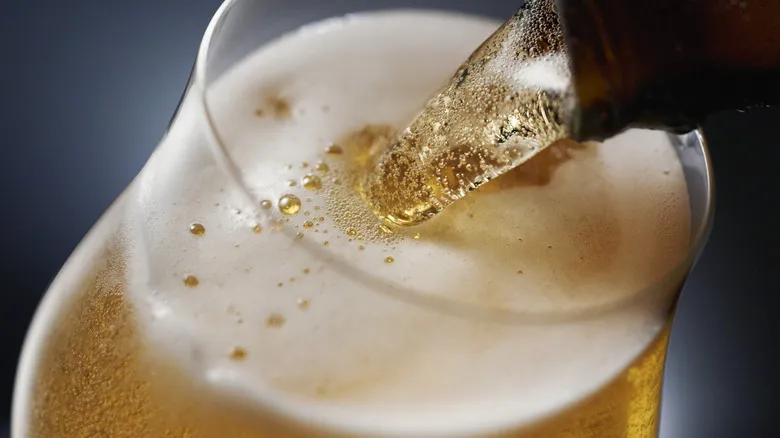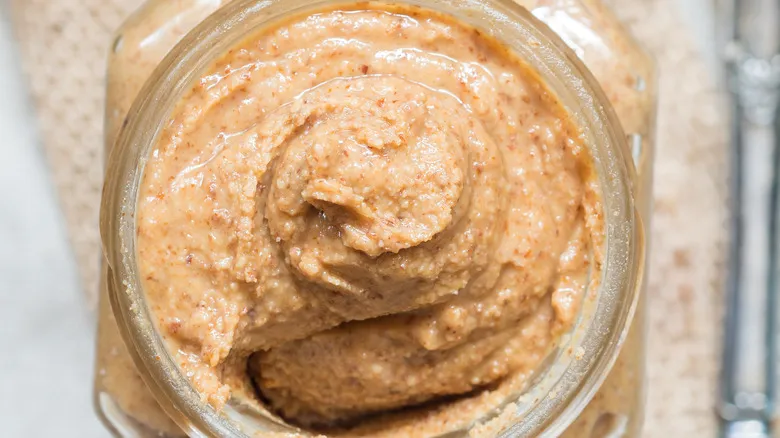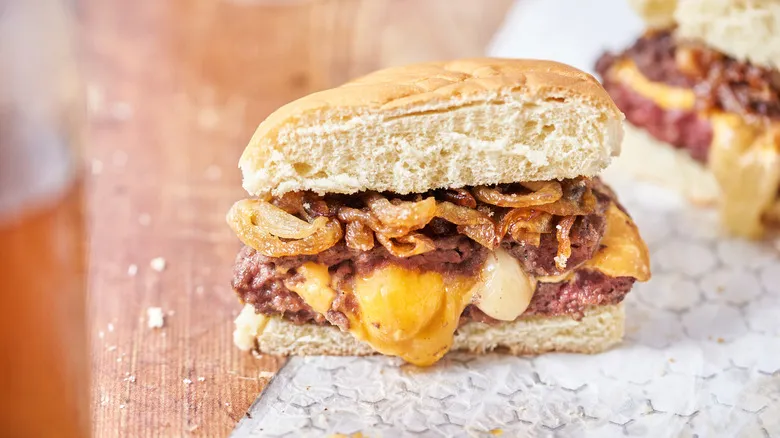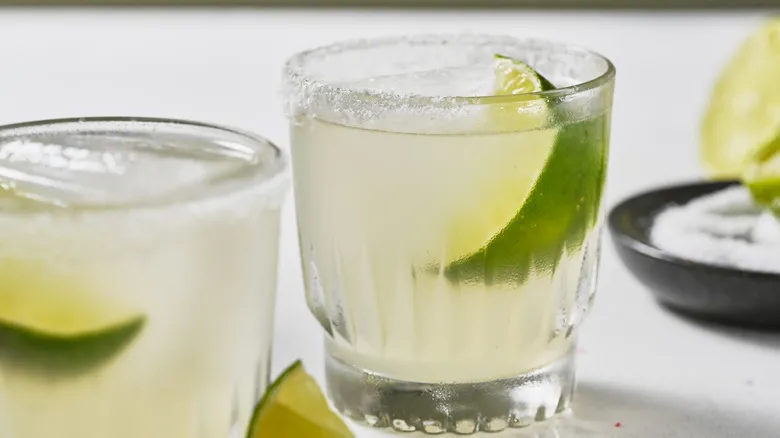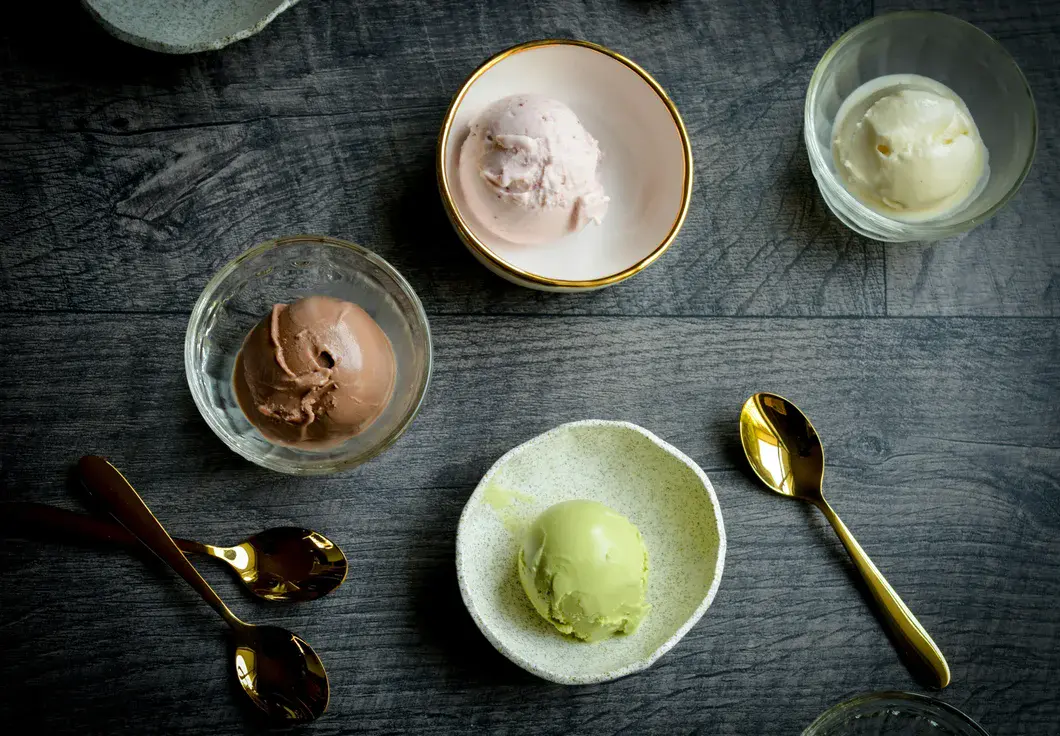Using non-alcoholic beer as a replacement
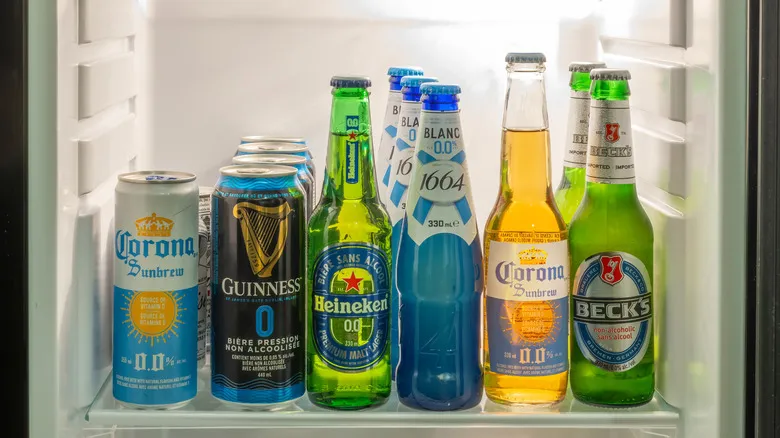
If your primary objective is to eliminate alcohol, a straightforward alternative is non-alcoholic beer. This substitution is quite simple, as you can use a 1:1 ratio for the amount of beer specified in the recipe. While non-alcoholic beer may have a different taste compared to regular beer, this difference often becomes negligible when cooked in a dish; it remains one of the top choices for adding beer flavor. Many well-known American beer brands, such as Corona, Guinness, and Heineken, offer non-alcoholic versions, so you can likely find a familiar brand to use. For instance, non-alcoholic Guinness still delivers its characteristic nutty and malty flavors, while alcohol-free lagers offer a refreshing, wheaty taste.
Non-alcoholic beer is typically located near regular beer, whether on a shelf or in a cooler. The packaging can be quite similar, so be sure to look for the "0.0%" or "non-alcoholic" label. Additionally, for individuals under 21, some states restrict the sale of non-alcoholic beer to minors, making other alternatives a more suitable option.
Soda as a beer substitute for batters and bread

One reason beer is so enjoyable is its effervescence—the tiny bubbles of carbon dioxide that provide this drink with a remarkable mouthfeel. When beer is incorporated into recipes like batter or bread, these bubbles help the dough and batter rise. If you're looking for a beer alternative in dishes such as beer bread, fish and chips, or beer-battered onion rings, consider using another carbonated drink.
Club soda makes for a simple beer substitute since it lacks the flavors and sugars found in other sodas, yet it still offers the necessary carbonation. This makes it ideal for achieving a light, airy texture and a crispy exterior in fried foods like hush puppies. For baked goods, club soda is beneficial as it doesn’t introduce any unusual flavors while aiding in the leavening and rising process.
If you want to add more complexity, opt for a flavored soda. Start by determining whether the recipe calls for a light or dark beer, and try to match the color and taste accordingly. Ginger ale or a lemon-flavored soda can replace a light beer, while options like Coke or root beer can substitute for a dark beer. These darker sodas are particularly effective in meat marinades. Keep in mind that these sodas are high in sugar, whereas beer is not; if possible, choose a reduced-sugar option or a combination of club soda and a sweet soda.
Using sparkling wine to replace beer

If you have an open bottle of wine sitting on your counter, it can serve as a substitute for beer. Wine is frequently used in cooking to braise meats and mushrooms, create flavorful sauces, and even enhance desserts, making it a suitable replacement for beer in certain recipes.
For sauces, marinades, and glazes that require beer, wine is a great alternative, especially dry wines. Use white wines to substitute for light beers and red wines for dark beers. However, for fried dishes, a standard white or red wine won't suffice; instead, opt for sparkling wine or Prosecco to incorporate into the batter for the right texture. If you prefer to use flat wine in a batter for fried foods or bread, mix it with soda to introduce some carbonation.
Recommended
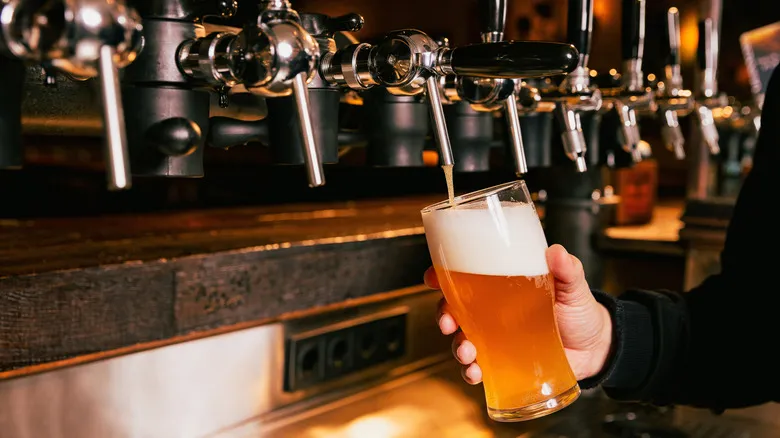
How Much Beer Foam Is Too Much?
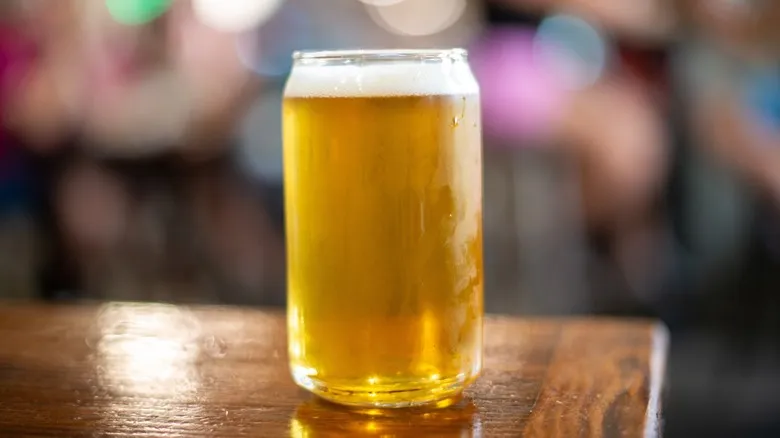
This Super-High-ABV Beer Was Only Served In Taxidermied Animals

What Is The Point Of Aerating Wine?
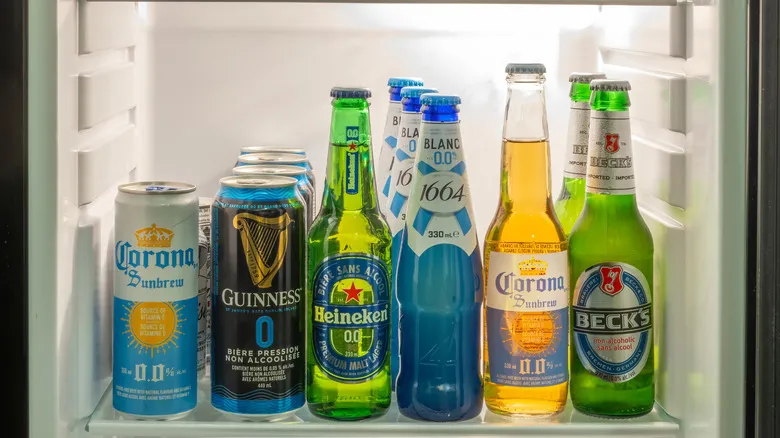
Why Is Non-Alcoholic Beer So Expensive?
Next up

